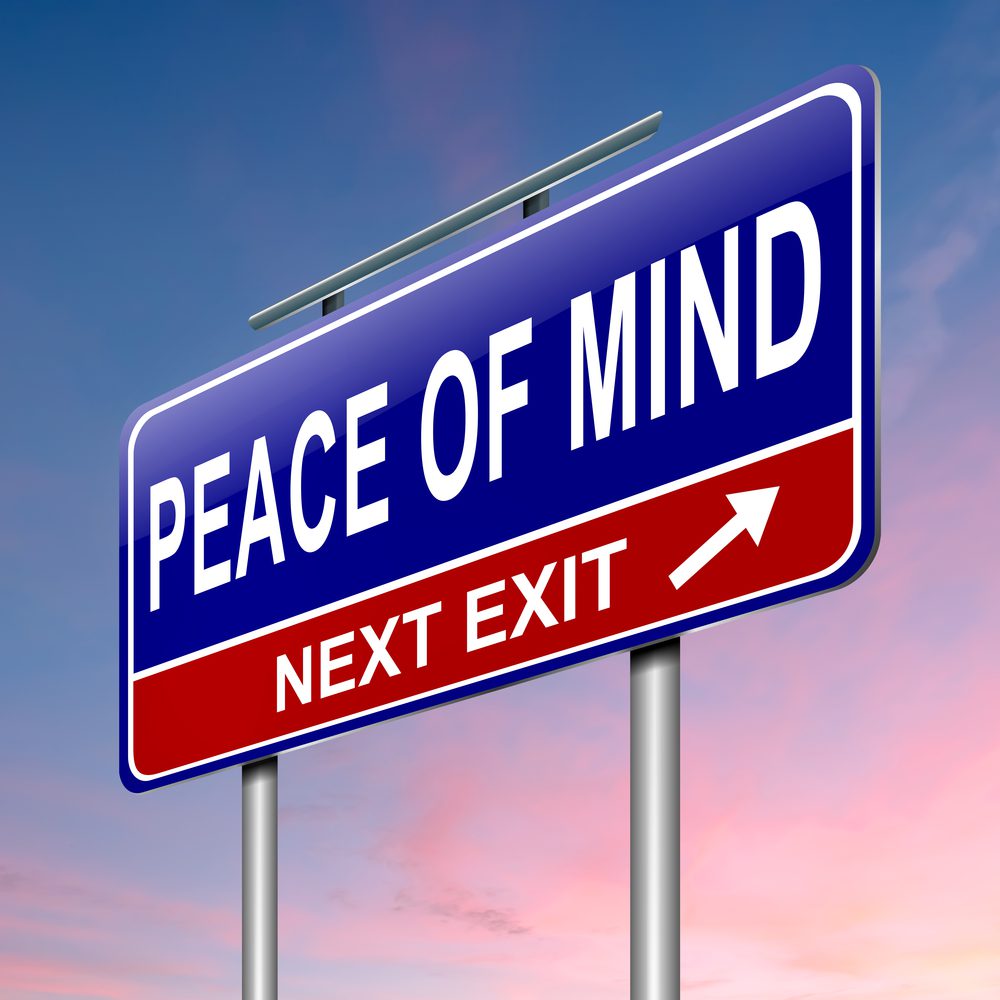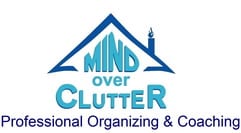Mindset is Everything

When I started Mind over Clutter in 2006 I thought I would talk with my new client, discuss their goals for the job and start organizing with them.
We would:
- Sort the items in the room into groups of items with the same function.
- Part with items that were no longer needed, used or loved
- Assign a home for (storage) for items that were being kept
- Buy containers to help store things efficiently and
- Evaluate how the system works
I was wrong. I soon learned that disorganization is never about how much stuff is in the space, it is about how the client relates to their stuff and feels about having stuff or having less stuff. Developing a mindset to be able to let go of items that no longer serve you and have items that help you to become the person you want to be is an important step in the organizing process.
Take some time to examine your mindset about your stuff. A lot of the time we do tasks without thinking about them. Setting up these habits makes it easier to get things done without spending a lot of mental energy thinking about the many repetitive tasks that need to be done each day, week, month and year.
Gregor defines mindfulness as, ” the act of being present, cultivating awareness by taking stock of our surroundings, emotions, state of mind, words, actions. It is all about being engaged with oneself fully.” Try this exercise. Take 5 minutes a day for yourself. Shut out all the disturbances of the day, the actions of others and words, spoken or written, Take 5 minutes to enjoy your surroundings, discover your emotions about the things in your environment and your state of mind living with your possessions. Once you have discovered your relationship with your stuff, it will make it easier to make decisions about what to keep and what to let go of.
If you need help getting started book a complimentary virtual organizing chat with me.

Julie Stobbe is a Trained Professional Organizer and Lifestyle Organizing Coach who brings happiness to homes and organization to offices, coaching you virtually through Zoom. She has been working with clients since 2006 to provide customized organizing solutions to suit their individual needs and situations. She uses her love of physical activity to reduce clutter, in your home and office. She guides and supports you in managing your time. If you’re in a difficult transition Julie can coach you to break-free of emotional clutter constraining you from living life on your terms. Online courses are available to help instruct, coach and support your organizing projects. Get started by downloading Tips for Reorganizing 9 Rooms.
Contact her at julie@mindoverclutter.ca
Twitter – Facebook – Facebook group Organizing Mind and Space


I agree; it’s never about the stuff. It’s always about something else going on. I find while talking with clients that there are underlying issues that either happened or are going on now that made them stop taking care of their home and themselves. Clearing the mind’s clutter allows for more precise direction on what they want.
Thanks for the point that the issue may be in the past or current that cause them the think about their things in a specific way preventing them from moving forward.
Bringing the mindfulness piece into organizing is so valuable. I recently developed a Mindful Organizing workshop. In the process of preparing it, I created definitions for organizing and mindful organizing. It was an interesting exercise to do being that I had never done that before. You figure after almost 30 years in the industry, it was about time.
Your post resonated with me so deeply. Organizing is never about the stuff, even though logically many think it is. It’s about our attachments to our stuff, the habits and behaviors we have with it, and how it makes us feel. That’s a wonderful starting point to then create systems and habits that make sense for each person.
I think I will try your challenge to define mindful organizing. Approaching organizing with intention and mindfulness makes deciding what is important in your life (stuff) easier to make decisions.
I had no idea how complex our relationships are with our stuff when I started either. It has been quite enlightening to see how deep and wide the connections can go. This realization has challenged me to consider how I feel about my own stuff. I’ve come to realize that I need many things, but most of them hold no emotional value. Also that I need less than I probably think, and letting go of stuff can improve my quality of life.
Helping our clients to become enlightened about their connections to stuff will make it easier for them to decide what they need and what they can let go of. It is a long process to start thinking about how your mind relates to stuff instead of how stuff takes up space (physical not mental)
This is the right website for anybody who wants to find out about this topic. You understand a whole lot its almost tough to argue with you (not that I personally would want toÖHaHa). You definitely put a new spin on a topic which has been written about for years. Excellent stuff, just excellent!
Thank you for the lovely comment. I am glad to hear you are enjoying the posts.
That’s very good point